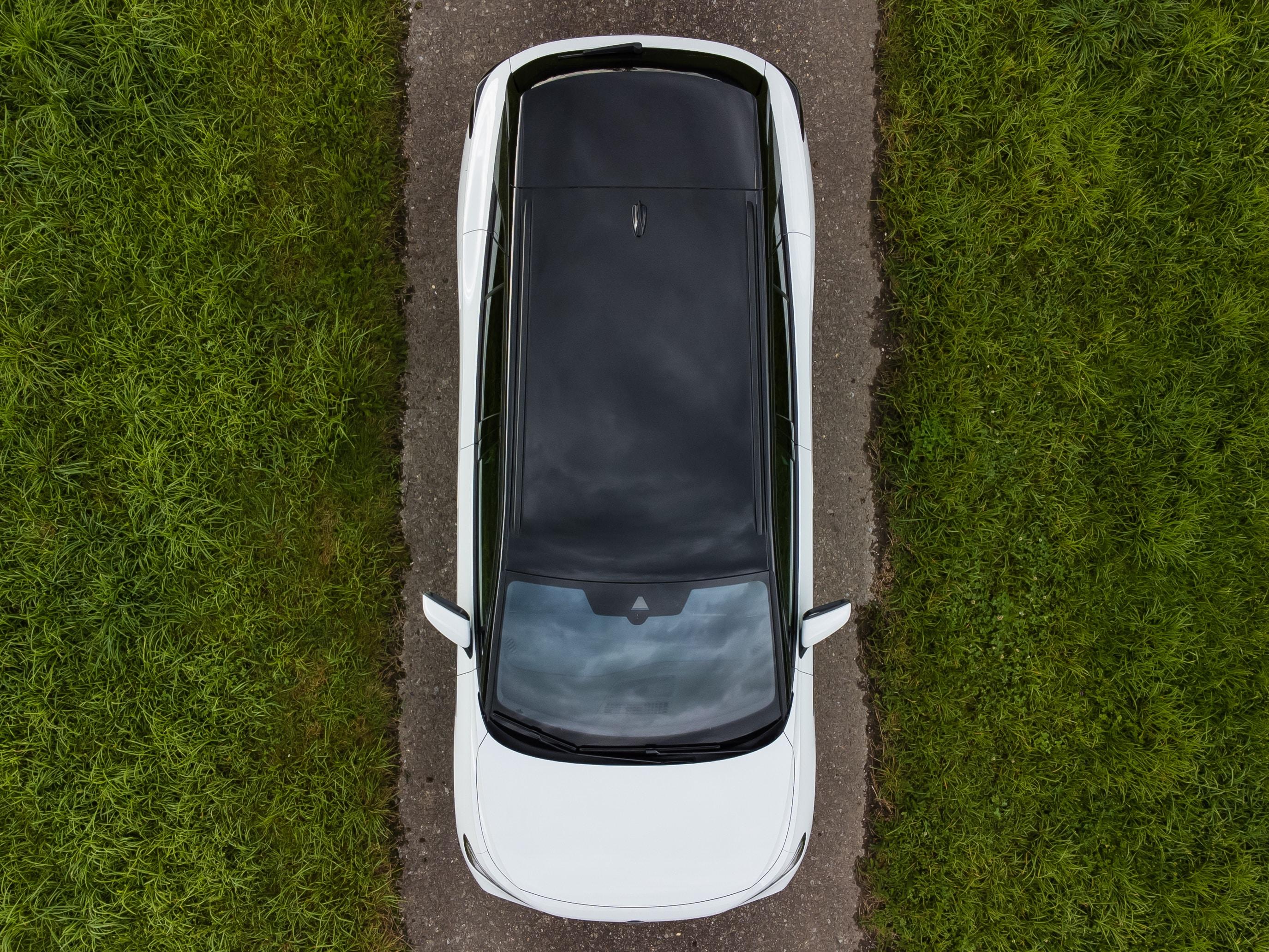Energy
The energy sector is undergoing rapid change. BIBUS helps with the leap from the old to the new world with different offers.

What challenges does BIBUS see in the energy industry in terms of sustainable solutions?
A key challenge, not only for us but for the entire green energy industry, is the seamless integration of renewable energy sources into existing power grids. Our current grids and nodes are not designed to efficiently handle this increased power input. There is a limit to how much power can be fed into the grid. That is why we are investing in the decentralised expansion of electricity grids, starting with Swissgrid and ending with local energy suppliers. We are increasingly relying on decentralised storage solutions, whether in residential buildings, solar parks or containers.
Another aspect is flexibility. We use artificial intelligence to control the storage batteries. In this way, we sell electricity at times of high demand and prices to stabilise the grid and avoid bottlenecks. This intelligent control helps to increase the return on investment (ROI) of electricity production. By using storage batteries, we can also help keep electricity prices stable and reduce the need for additional electricity purchases.
How does BIBUS interpret its role in the field of energy from a sustainability perspective?
Sustainability is at the core of our technological innovation. We produce the most environmentally friendly batteries on the market by using only renewable energy. Our batteries are characterised by exceptional longevity - up to 30 years or 8000 charging cycles. With careful monitoring of each individual battery cell, we ensure consistent performance throughout the life of the battery. This maximises the efficiency of the batteries. If necessary, defective modules can be replaced and regenerated at the factory.
What sustainable developments is BIBUS currently pursuing in the field of e-mobility?
Our focus is on developing sustainable battery solutions with high capacity and recyclability. The use of recycled battery material significantly reduces energy requirements during production. Batteries become significantly more environmentally friendly from the second cycle onwards. These developments are of great importance for commercial solar producers to increase return on investment while being environmentally responsible. The increasing demand for clean energy for various applications, including electric mobility, underlines the need for sustainable solutions. The optimisation of the charging infrastructure and load management are important steps towards sustainable e-mobility.
How does sustainability influence price development in the energy sector?
In the coming years, prices for rechargeable batteries will decrease. Increased demand will support this process, even if it is gradual. We are investing in the automation of production and creating capacity to meet the increasing demand for sustainable solutions. Production expansion is taking place according to environmentally responsible standards. Sustainable production methods can reduce the total cost of ownership, ultimately leading to more competitive prices for sustainable energy solutions.
Expert

Dirk Werner
Product ManagerDirk Werner works as Product Manager for BIBUS AG.